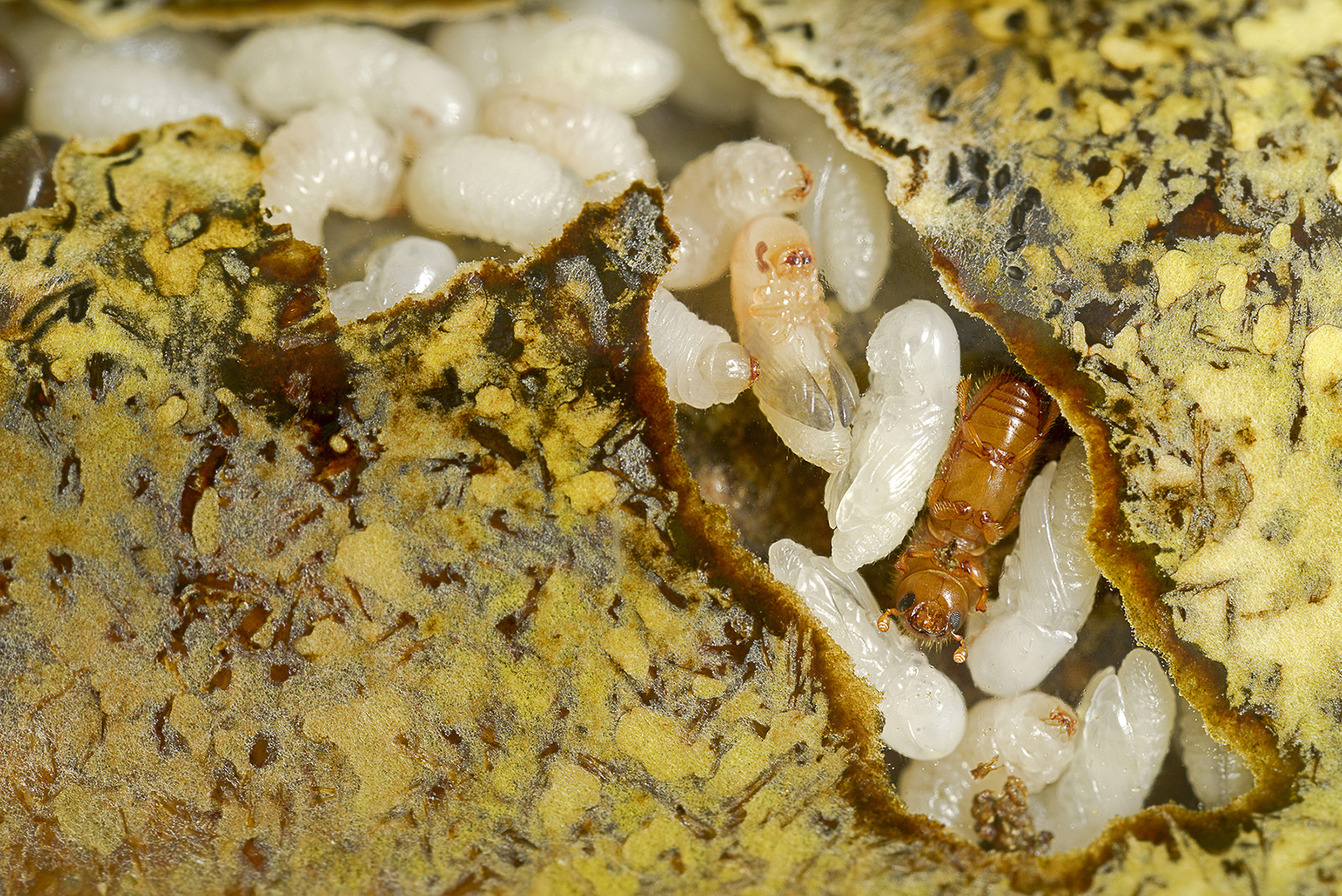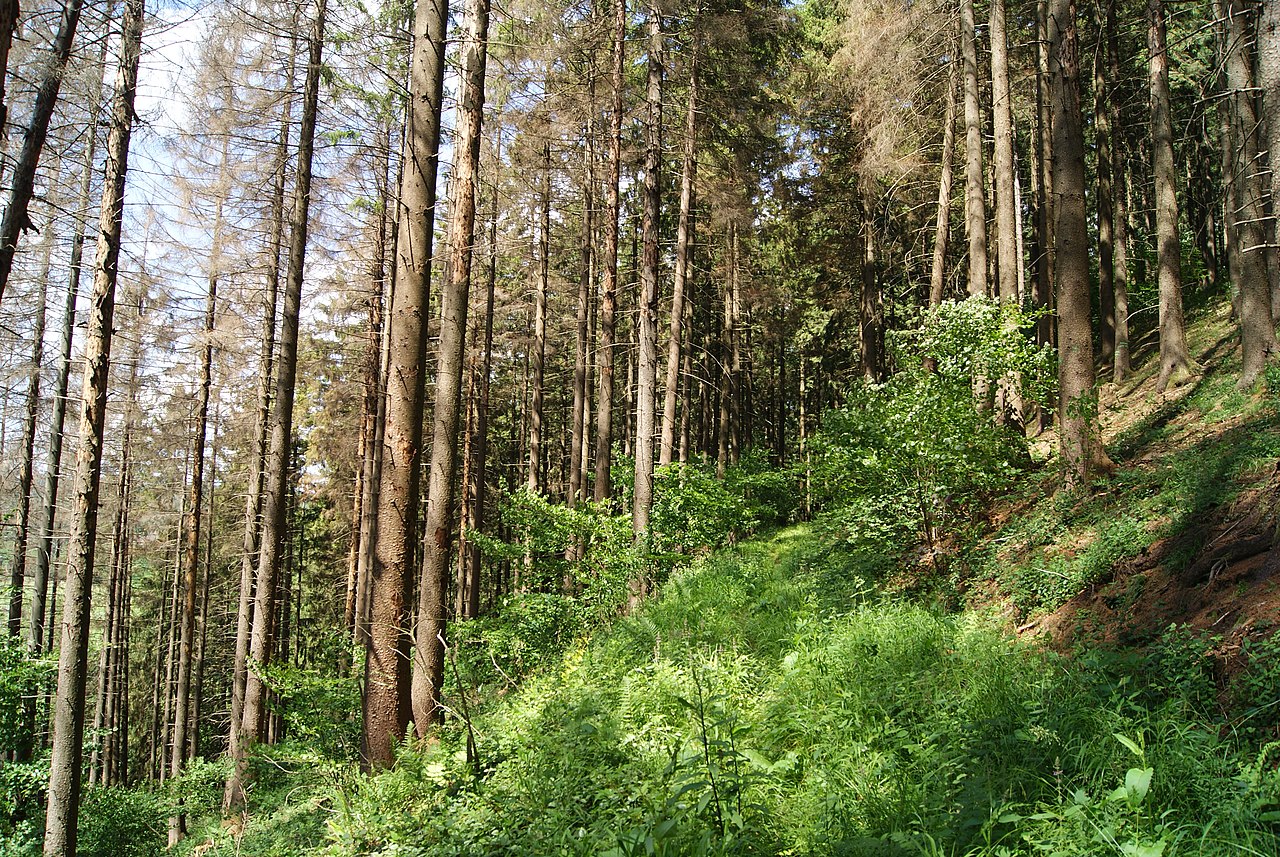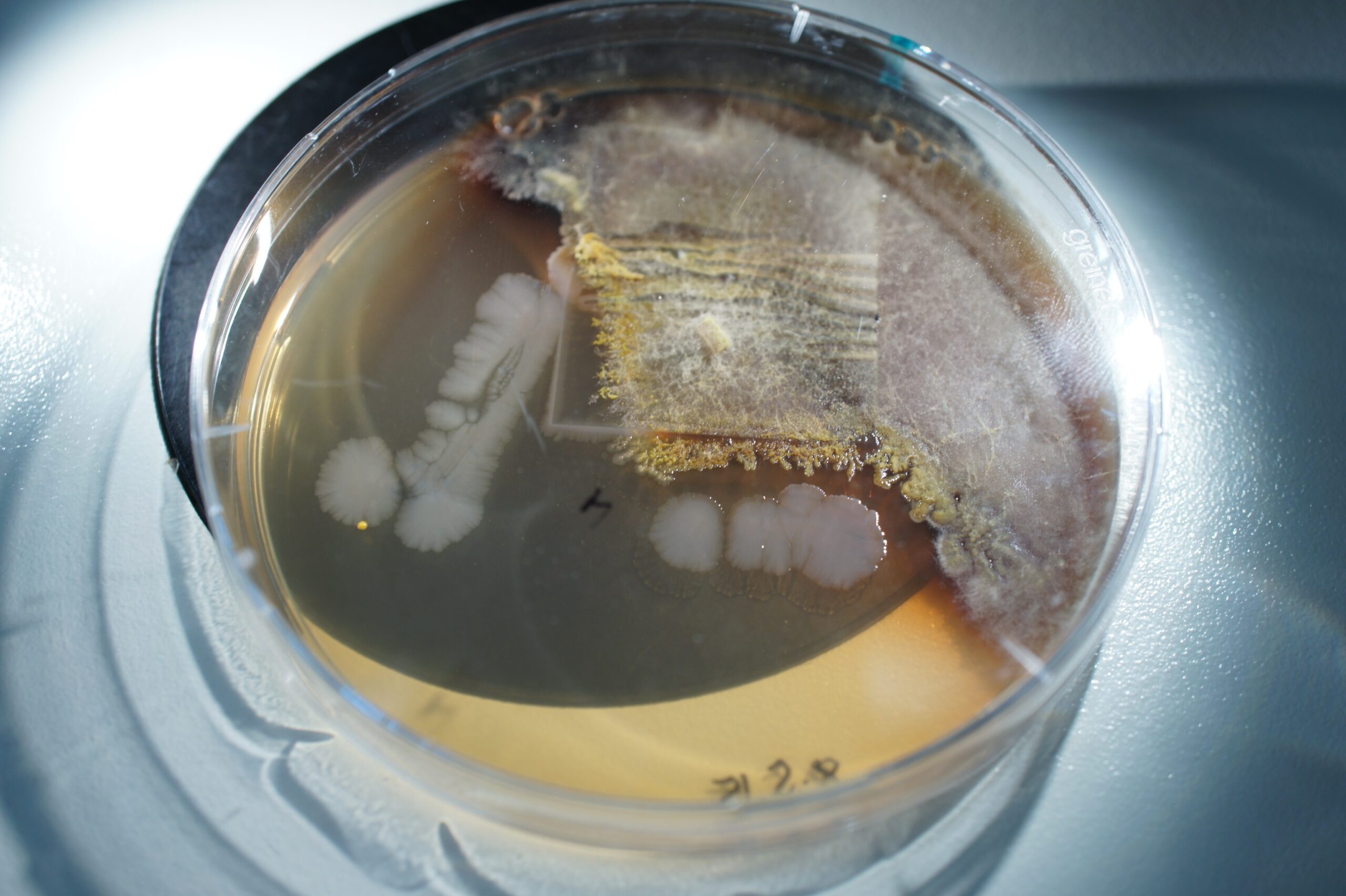Research
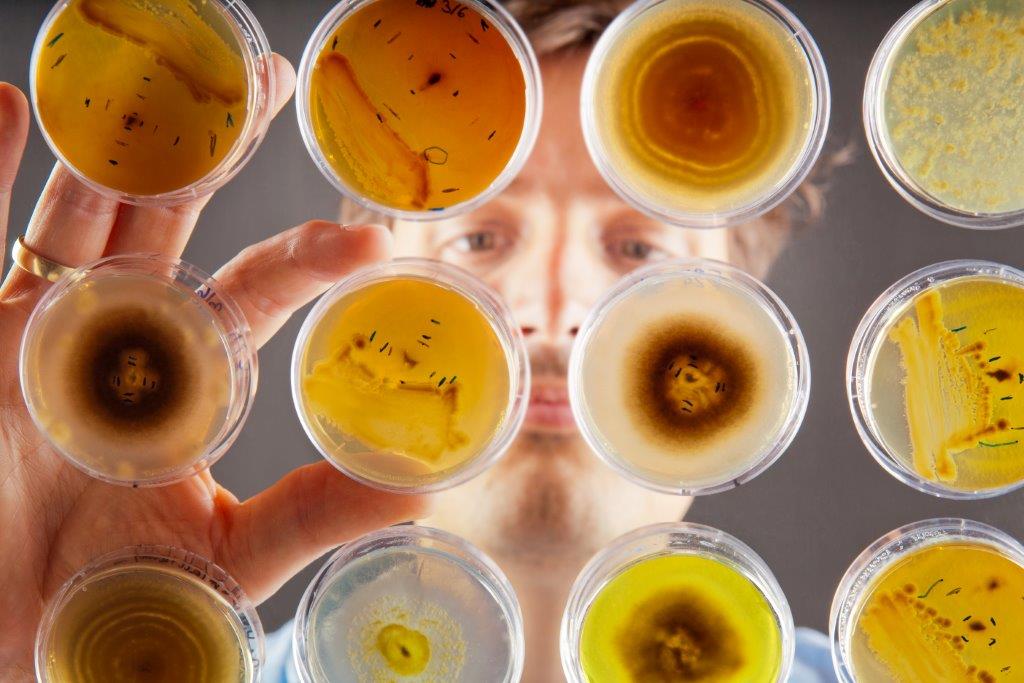
We are working on a better understanding of the ecology and evolution of forest insects in order to maintain the ecological and forest ecosystem services of our forests in the long term. In particular, we want to gain a holistic insight into how other micro- and macroorganisms, such as microbial symbionts or natural antagonists, influence the interactions between herbivores and their host trees. To this end, we apply methods from evolutionary biology, ecology, entomology, microbiology and a wide range of state-of-the-art techniques from histology, molecular and chemical ecology.
We are internationally renowned for our experience in breeding bark and ambrosia beetles in artificial media in the laboratory. By also using our on-site experimental forest, greenhouses and flight cages, we can study these insects at different levels: from the gene to the ecological context.
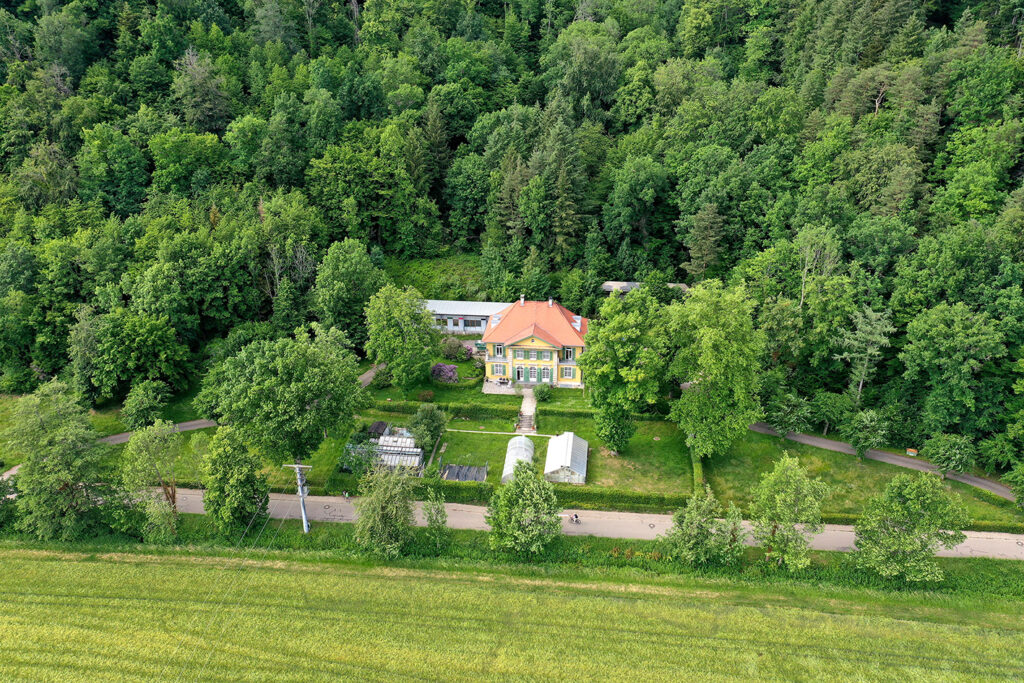
Research Infrastructure
Our chair is located about 10 km outside of Freiburg in Stegen-Wittental. For our work, we need laboratories, greenhouses for bark beetle breeding, large flight cages for semi-open-air experiments and our own research forest. We find all of this on the grounds of the Baldenweger Villa and the adjoining buildings, which is beautifully situated on the edge of the forest. In recent years, we have created numerous biotopes for rare animal species on the grounds themselves, which on the one hand enable us to provide research-related teaching right on our doorstep and on the other hand show the public how gardens can be designed to be close to nature and rich in species. The following infrastructure is available at the chair for research and teaching:
- Offices and seminar room for a maximum of approx. 25 people
- Very well-equipped entomological, microbiological and molecular biological laboratories
- Cultivation of bark beetles in climate cabinets, greenhouses and research forest
- Study laboratory for independent development of species knowledge, accessible 24/7
- Biodiversity trail of the Exploratorium Lebendiges Wittental
- Approx. 1.5 ha of outdoor area with biotopes and own research forest
About us
Our profile, latest news and more
Teaching
Our range of courses and information about theses
Our Team
Introduction of our team members and list of contact details
New Publications
- Frühbrodt, Tobias; Schebeck, Martin; Andersson, Martin N. et al.: Verbenone – the universal bark beetle repellent? Its origin, effects, and ecological roles. In: Journal of pest science, 97, 1, 35-71.2024. https://doi.org/10.1007/s10340-023-01635-3
- Le Pennec, Guénolé; Retel, Cas; Kowallik, Vienna et al.: Demographic fluctuations and selection during host–parasite co‐evolution interactively increase genetic diversity. In: Molecular ecology, 33, 10, e16939.2024. https://doi.org/10.1111/mec.16939
- Löcken, Helge Wilfried; Frühbrodt, Tobias; Du, Baoguo et al.: Potential applicability of SPLAT® Verb for management of European spruce bark beetle, Ips typographus (L.). Online first. In: Journal of applied entomology.2024. https://doi.org/10.1111/jen.13336
